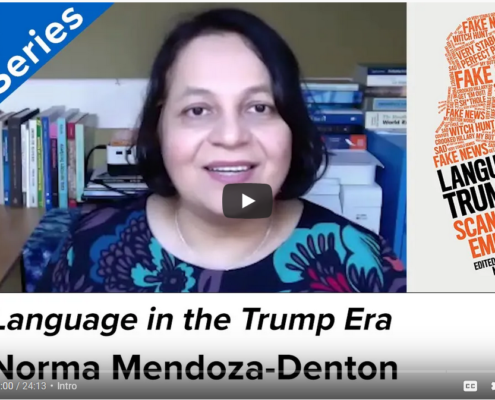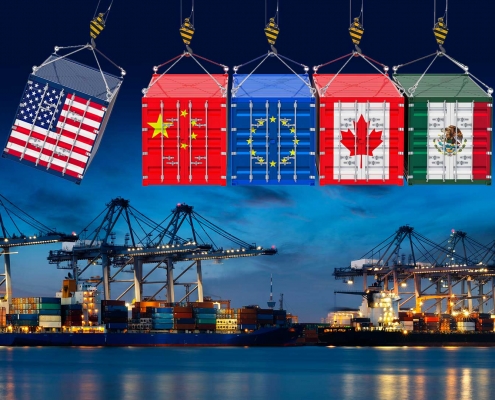Posts

LA Social Science Book Series on Language in the Trump Era with Dr. Norma Mendoza-Denton
In the latest interview in the book series, Dr. Norma Mendoza-Denton,…

UCLA Professor Fajgelbaum Examines a “Return to Protectionism” in Recent Trade Wars
UCLA Associate Professor Pablo Fajgelbaum's fascinating research…

Why Trump Can’t Have Tariffs and More Restrictions on Immigration
By Margaret E. Peters Assistant Professor, Political Science The…

